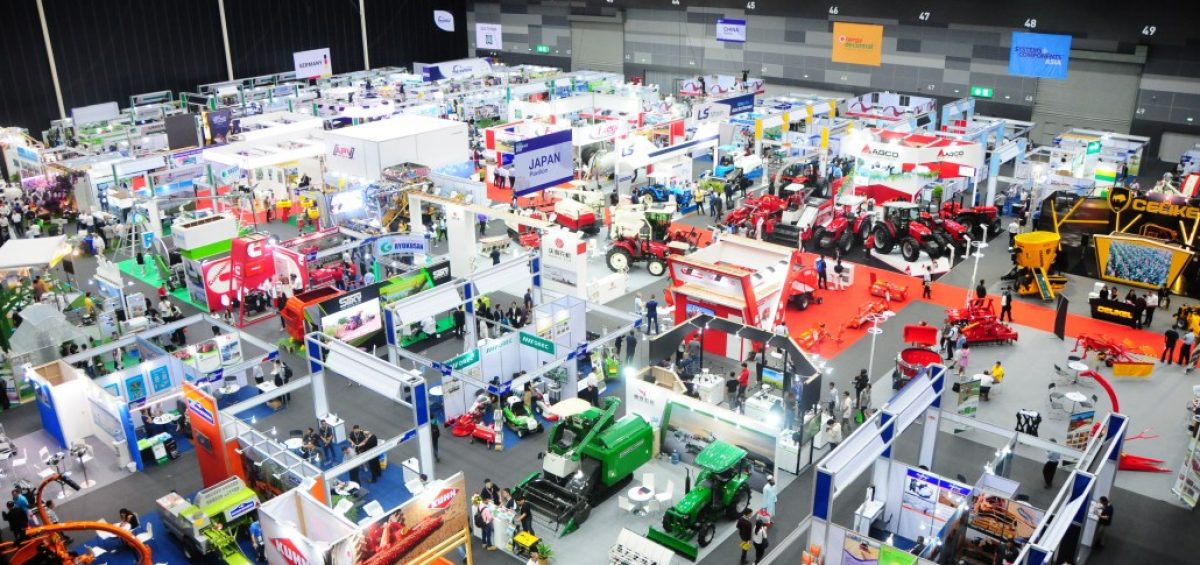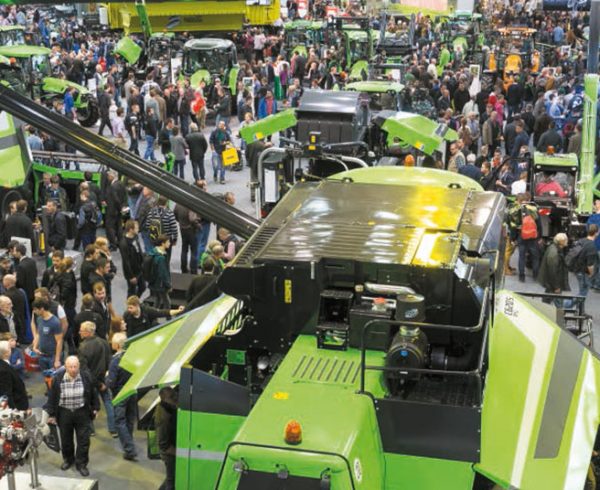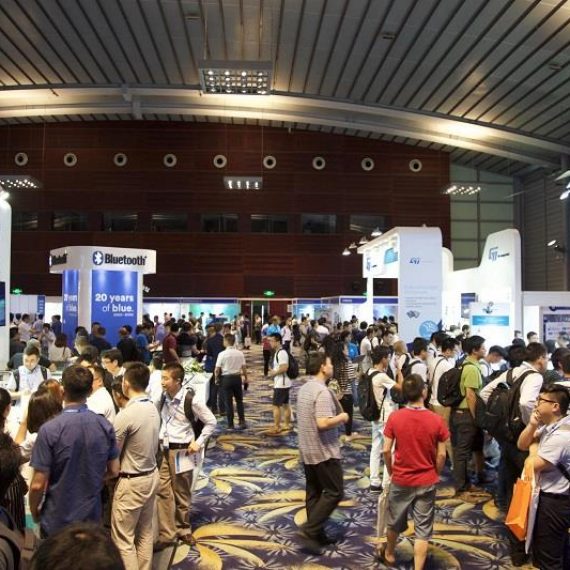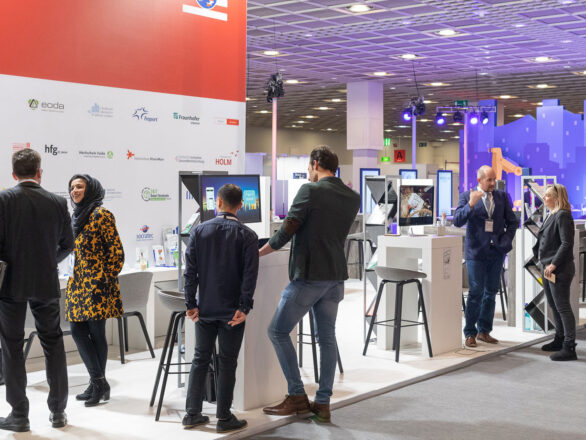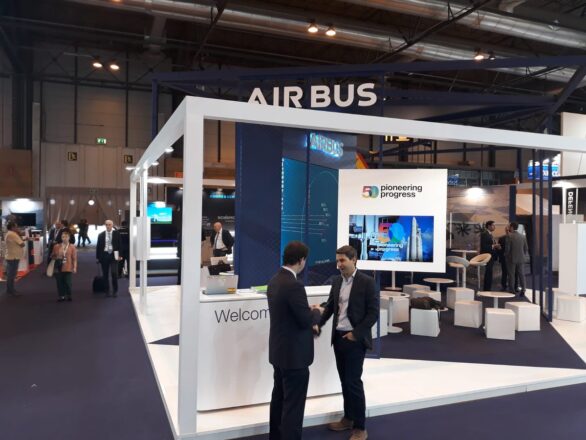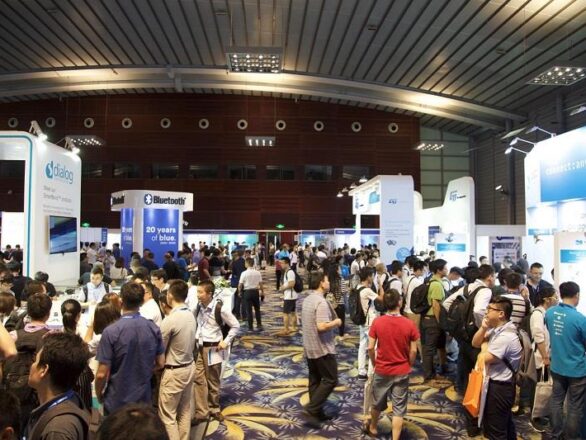The fair Agritechnica is the world’s leading trade fair for agricultural technology. At the fair the novelties for the entire agricultural sector will be presented; With its range of leading technology and new developments, the fair is an information forum for all problem solutions in agriculture and agricultural technology. The Agritechnica is the world-wide meeting place of the agricultural engineering industry, where innovations are presented, trends are set and visions are discussed.
This year’s theme, Global Farming – Local Responsibility, stands for a sustainable future for agriculture, providing enough food for a growing world population while conserving natural resources. On the 10th and 11th of November Agritechnica will be open for dealers, trade press and large customers on exclusive days. According to the organizer, it is the world’s leading trade fair for agricultural technology. The Agritechnica takes place every two years alternating with the EuroTier.
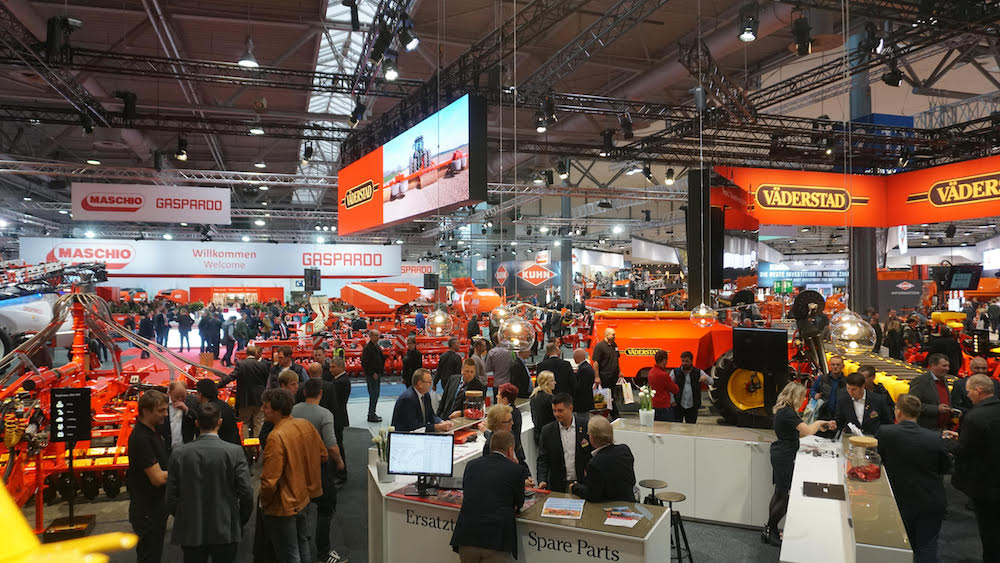
Everything Revolves Around Modern Agricultural Technology
Innovations and trends are the focus here: the manufacturers present solutions that enable farmers to work in a more precise, efficient and resource-efficient manner. It is particularly about new developments in electronics and sensors. The Agritechnica is among all agricultural machinery shows the one with the highest proportion of manufacturers and authorized importers among the exhibitors. All global and Europe-wide operating agricultural engineering companies are represented. The Agritechnica is also the communications exchange for the global agricultural sector.
Many Exhibitors From Europe, China And Turkey
According to the organizers, about 3,000 exhibitors from 50 countries present their products, ideas and solutions in the exhibition halls. The organizers expect a good 450,000 visitors.
With High-Tech Innovations For More Sustainability
The exhibition shows solutions for the strategic issues of industry and society, said the CEO of the Agricultural Society, in advance. Land-based innovation can help achieve goals such as climate change, biodiversity, sustainability and food security.

